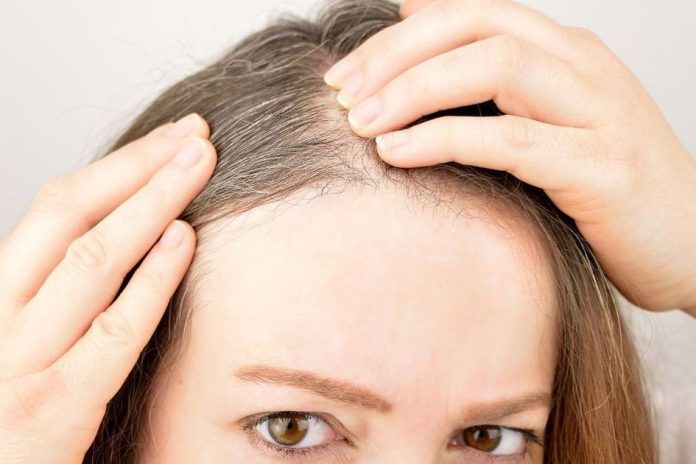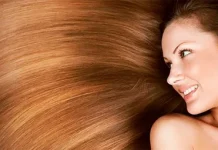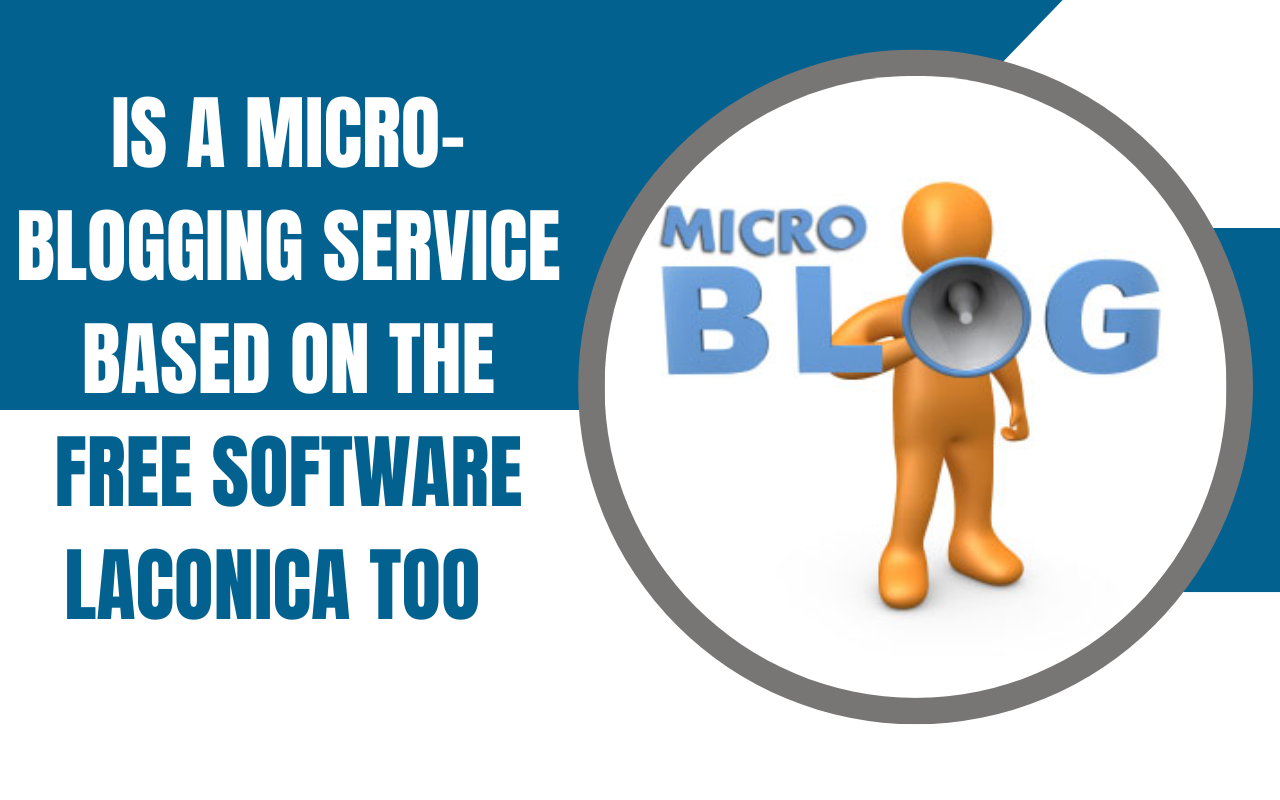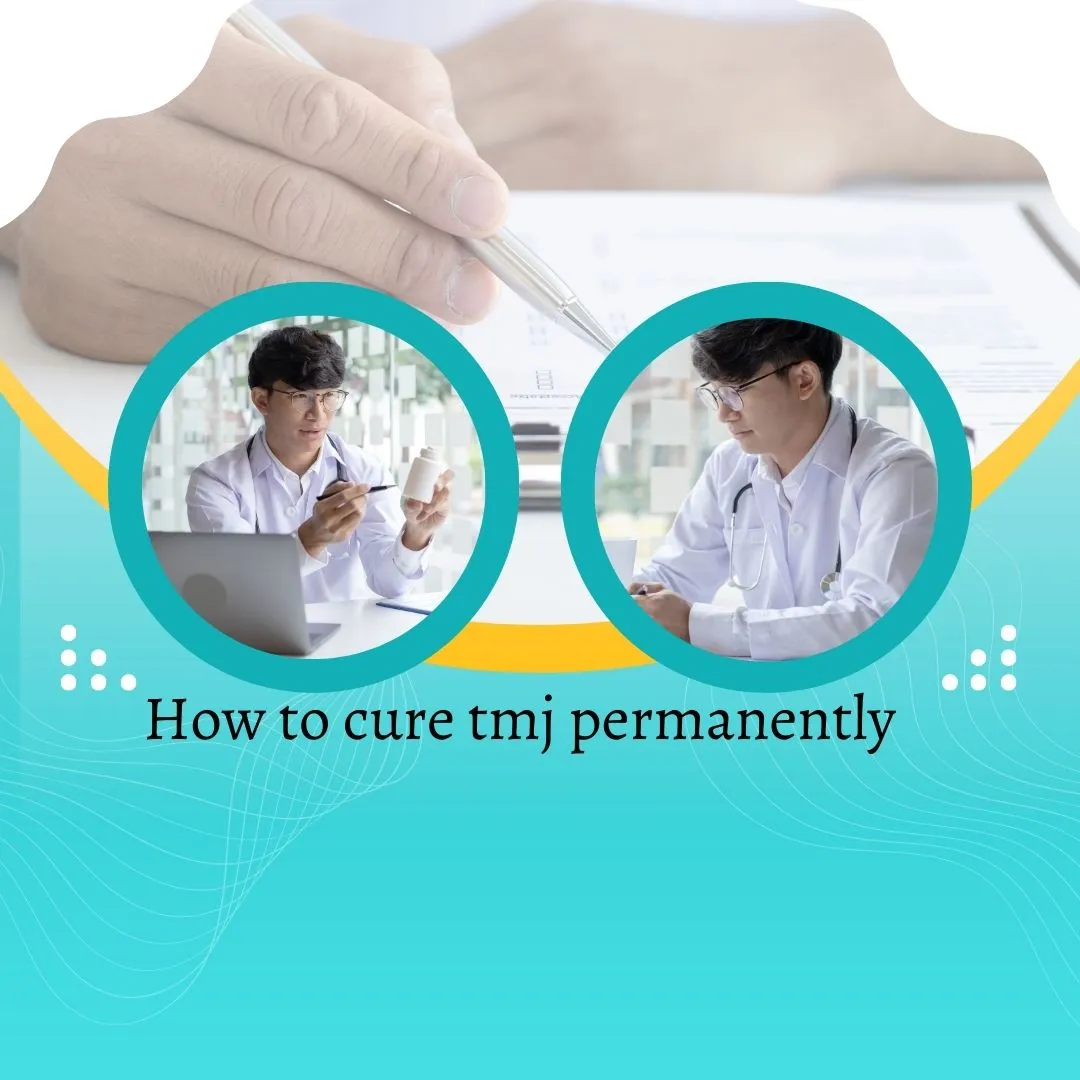When people start noticing thinning hair or a receding hairline, their first instinct is often to blame genetics. It’s true that hereditary hair loss, also known as androgenetic alopecia, is one of the most common causes of hair thinning in both men and women.
But to assume genetics alone is responsible oversimplifies a much more complex issue. In reality, hair fall can be influenced by a wide range of factors – from lifestyle habits and stress to diet, hormones, and even environmental changes.
Understanding these can not only help in managing hair loss but also guide you toward preventive or restorative solutions like those offered at Bloom Hair Transplant, a trusted name in hair restoration treatments.
The Misunderstood Role of Genetics
Genetics undoubtedly play a significant role in determining hair density, texture, and longevity. If your parents or grandparents experienced early hair loss, you are more predisposed to it. However, genetic predisposition doesn’t guarantee hair fall; it simply means you are more susceptible. Environmental triggers and personal habits often determine whether those genes are “activated.”
For example, someone with a family history of hair thinning may retain a full head of hair by maintaining a nutrient-rich diet, avoiding harsh treatments, and managing stress levels. Conversely, another person with the same genetic profile but poor lifestyle habits could experience premature hair fall. In short, genetics set the stage, but environment and lifestyle direct the performance.
The Hormonal Connection
Hormonal imbalances can cause noticeable hair loss even in individuals with no genetic predisposition. In men, excessive levels of dihydrotestosterone (DHT) can shrink hair follicles, leading to male pattern baldness. In women, fluctuations in estrogen, progesterone, and thyroid hormones during pregnancy, menopause, or due to medical conditions such as PCOS can result in diffuse hair shedding.
The good news is that these hormonal causes are often temporary or manageable through medical treatment and nutritional support. Regular check-ups and early diagnosis can make a major difference.
Stress and Hair Fall
Modern lifestyles are synonymous with high stress, and chronic stress can have profound effects on hair health. Stress-induced hair loss, known as telogen effluvium, occurs when emotional or physical stress pushes large numbers of hair follicles into a resting phase. This leads to increased shedding after a few months.
What’s interesting is that telogen effluvium is reversible once the stressor is addressed. Adequate sleep, exercise, mindfulness practices, and a balanced diet can help regulate the body’s response and encourage regrowth. It’s a reminder that not all hair fall is permanent – and not all of it is genetic.
Nutritional Deficiencies – The Hidden Culprit
Another non-genetic factor that plays a critical role in hair health is nutrition. Hair is primarily made up of a protein called keratin, and inadequate intake of essential nutrients can directly weaken the hair shaft and slow growth. Deficiencies in iron, zinc, vitamin D, and biotin are among the most common causes of hair thinning.
For instance, iron deficiency reduces oxygen supply to hair follicles, leading to breakage and loss. Similarly, a lack of vitamin D affects new follicle formation. A diet rich in leafy greens, nuts, seeds, lean proteins, and whole grains can support stronger and healthier hair growth.
Environmental and Chemical Damage
The modern environment exposes hair to pollution, hard water, UV radiation, and harsh chemical treatments. Over time, these factors can damage the scalp and hair follicles, leading to dryness, breakage, and eventually thinning.
Using mild, sulfate-free shampoos, limiting heat styling, and protecting hair from sun exposure are simple but effective steps. Furthermore, if you’ve been relying on chemical dyes or treatments like straightening and perming, giving your hair a rest can dramatically improve its texture and reduce shedding.
Scalp Health – The Foundation of Hair Growth
Often overlooked, the scalp plays a pivotal role in hair vitality. A healthy scalp environment ensures that follicles receive adequate nutrients and oxygen. Conditions like dandruff, seborrheic dermatitis, or fungal infections can inflame and weaken the scalp, contributing to hair fall.
Regular cleansing, exfoliation, and gentle massages improve blood circulation and promote a healthy scalp barrier. Medical treatments or trichology sessions can further address chronic scalp conditions.
Medical Conditions and Medications
Several underlying health issues can trigger hair loss. Autoimmune conditions such as alopecia areata cause the immune system to attack hair follicles. Likewise, chronic illnesses like diabetes or lupus can interrupt normal hair cycles. Certain medications, including those for hypertension, depression, or chemotherapy, can also lead to temporary shedding.
In such cases, consulting a healthcare professional is essential. Treating the root cause, adjusting medications, or incorporating medical-grade hair therapies can often reverse or minimise the effects.
Lifestyle and Daily Habits
Sometimes, the smallest daily choices have the biggest impact on hair health. Tight hairstyles that pull on the scalp, smoking, lack of hydration, and irregular sleep patterns can all accelerate hair loss.
Hydration, regular exercise, and adequate rest are essential for maintaining hormonal balance and blood circulation to the scalp. Even simple actions like switching to silk pillowcases or avoiding hairstyles that strain the roots can make a noticeable difference over time.
When to Consider Professional Help
If hair fall becomes persistent or excessive, it’s time to seek professional evaluation. Dermatologists or trichologists can conduct detailed scalp analyses, blood tests, and assessments of hair density to determine the exact cause.
For individuals experiencing advanced hair thinning or bald spots, hair transplantation in Mumbai can offer a long-term, natural-looking solution. With advanced follicular unit extraction (FUE) and direct hair implantation (DHI) techniques, the clinic ensures minimal downtime and seamless results that blend perfectly with existing hair. The team emphasises personalised treatment plans based on scalp condition, hair type, and individual preferences, ensuring both safety and satisfaction.
Why a Holistic Approach Matters
The key takeaway is that a single factor rarely causes hair fall. Even when genetics is involved, lifestyle, nutrition, and environmental influences often determine the severity and onset. Addressing only one aspect, such as applying topical treatments, without correcting underlying deficiencies or stress patterns, may lead to limited improvement.
A holistic approach that includes medical intervention, dietary balance, and stress management tends to yield the best results. Hair health is a mirror of overall well-being, and nurturing it requires both external care and internal support.
Rethinking the Narrative
Blaming hair fall solely on genetics can be discouraging, as it suggests there’s little one can do. In reality, understanding the multifaceted causes of hair loss opens the door to effective prevention and restoration. Whether it’s improving nutrition, balancing hormones, or seeking expert guidance, there’s always a solution within reach.
Hair Transplant clinics exemplify this modern approach by combining scientific precision with aesthetic care, helping individuals regain not just their hair, but their confidence. After all, hair fall may not always be about genetics – sometimes, it’s simply about understanding your body better and giving it the care it truly deserves.








